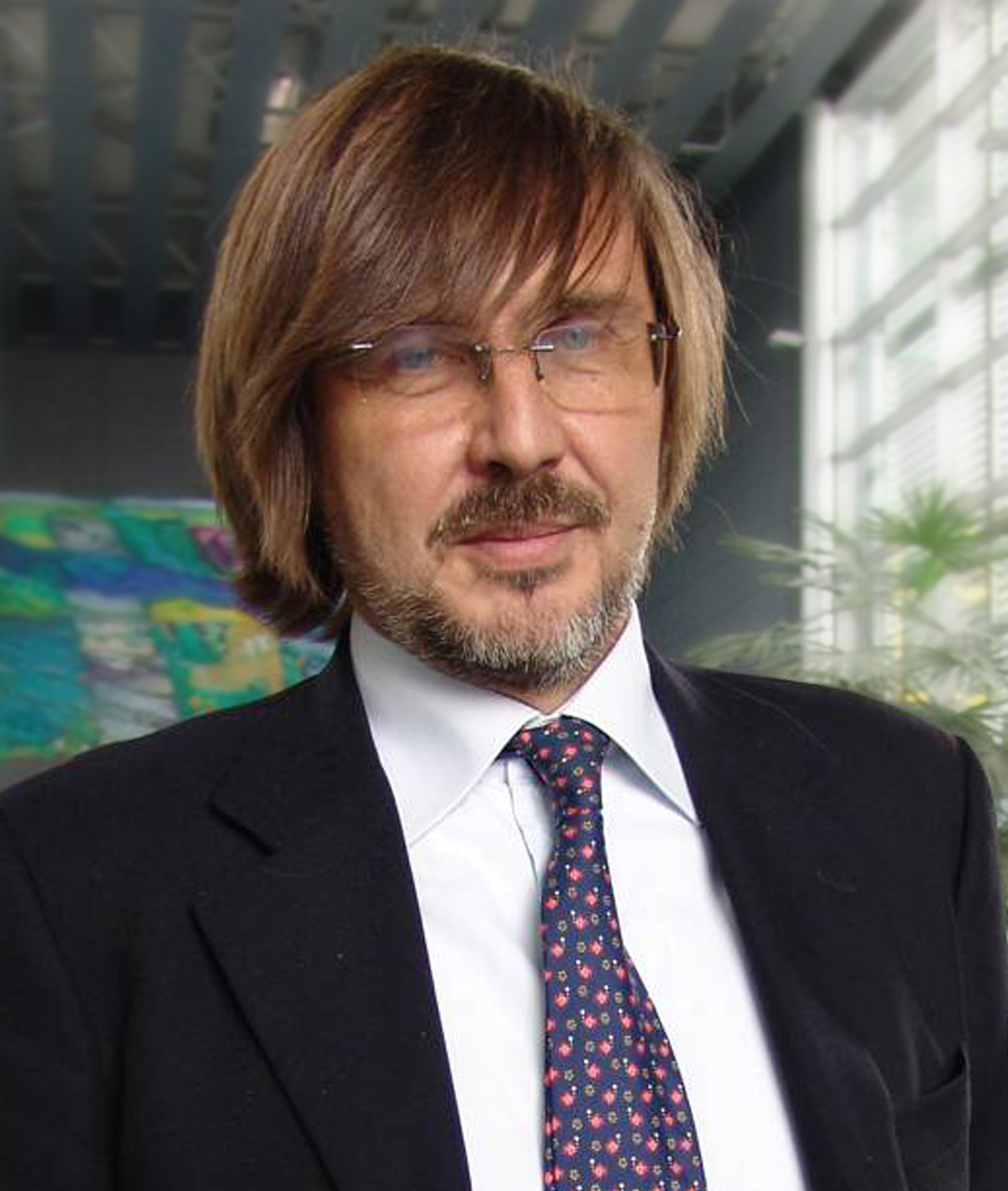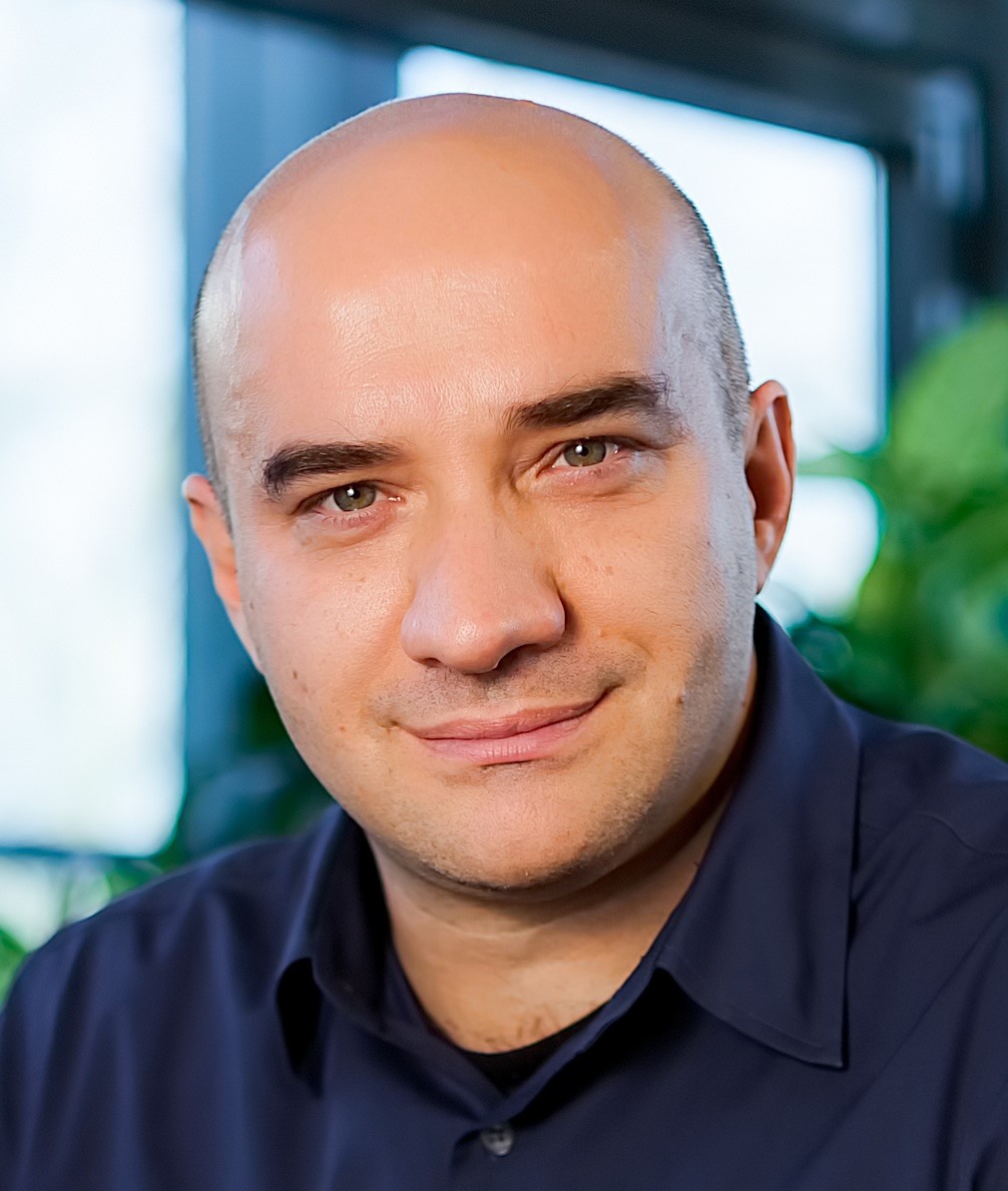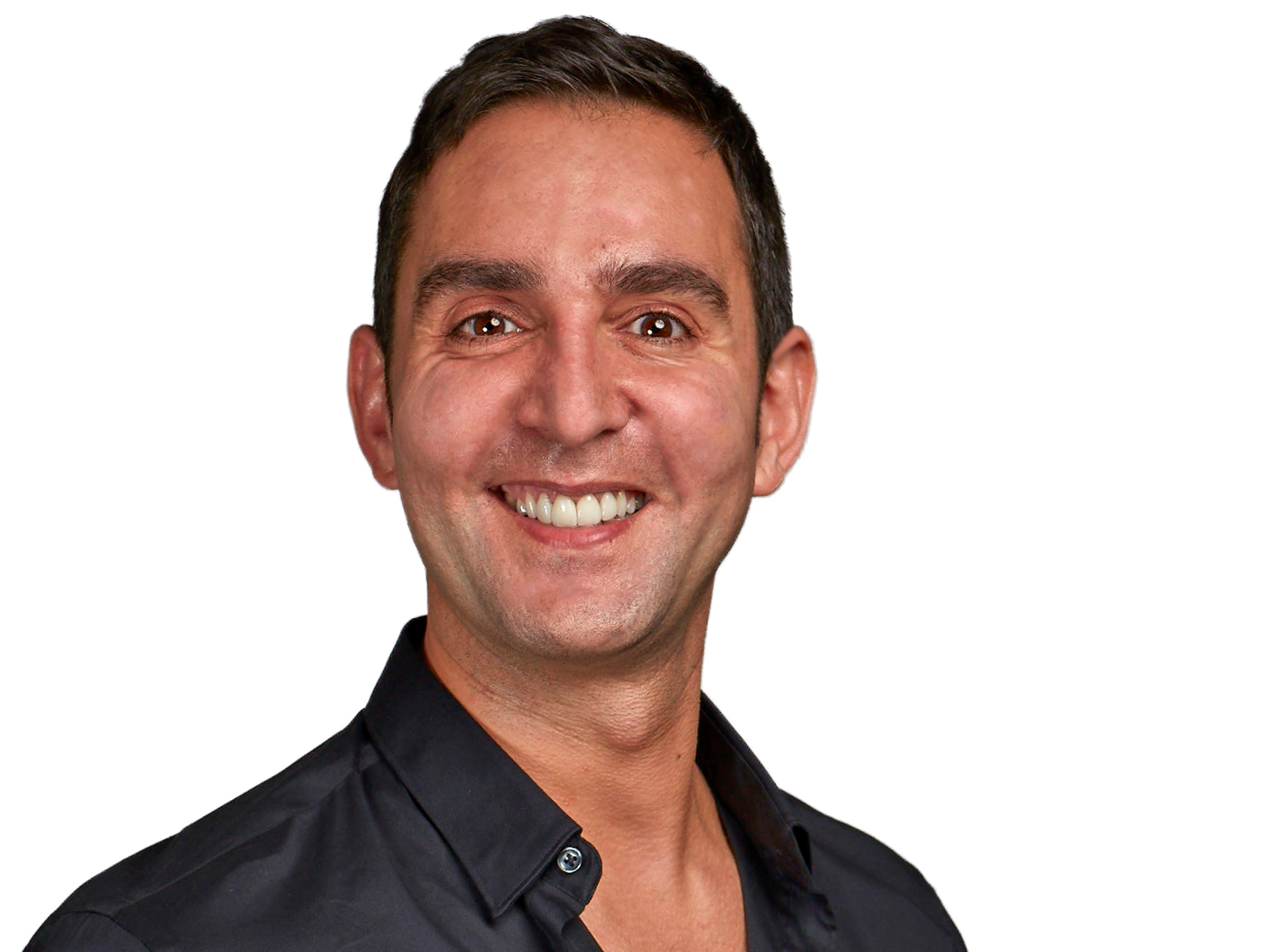Reversing the clock on biological ageing
Saturday 25th February 2017 | 10am – 5pm
Riverside Building, County Hall, London, SE1 7PB
Is reversing the clock of biological ageing possible? An evidence-based approach to the assessment of biological ageing and its clinical management. Do Nutrigenetics and Glycobiology help? Learn from two of the world’s top scientists in their respective subjects. Each session will be followed by a workshop facilitated by nutrition practitioner and clinical neuroscientist Miguel Toribio-Mateas.
Professor Giovanni Scapagnini | Professor Gordan Lauc | Miguel Toribio-Mateas
5 CPD hours.
£65 (£55 for students)
A healthy lunch and refreshments will be provided throughout the day.
Please note that this event is exclusively for health professionals.
Book your place here
Can we reverse the clock on biological ageing?
A day on Nutrigenetic and Functional Assessments of Biological Ageing and Optimal Clinical Management of the Ageing Process.
Human biochemistry is complex. Having optimal cellular detoxification and antioxidant capability is absolutely necessary for modulating the innate oxidative stress response, thereby minimising free radical damage to vital organs and systems such as the brain and the cardiovascular system.
Professor Giovanni Scapagnini & Neurobiology
Learn from one of the world’s top experts in Nutrigenetics, Professor Giovanni Scapagnini (MD. Phd Neurobiology), how our potential predisposition to an alteration in genetic antioxidant and detoxification capability, combined with other genetic factors such as the altered metabolism of fats, or hypersensitivity to starch and/or fructose, can increase the risk of developing chronic and degenerative diseases normally associated with older adults, and often at a much younger age.
Prof. Scapagnini has published several hundred peer reviewed papers on nutritional interventions for the management of conditions of the ageing (Nutrigerontology), particularly on neurodegenerative diseases and on the use of polyphenols and essential fatty acids as natural therapeutic agents.
He will provide you with clear health management pathways that combine nutrigenetic and functional assessments that you can implement in your clinics – from the day after his talk.
Professor Gordan Lauc & Glycobiology
Professor Gordan Lauc (PhD Glycobiology) will then introduce us to the complex genetics of protein glycosylation and the role of alternative glycosylation in physiological and pathophysiological processes. Nearly all proteins are glycosylated and their glycan parts have numerous structural, functional, and regulatory roles. Prof. Lauc has been publishing in the field of glycobiology for over 20 years and his current interest is focused on the complex genetics of protein glycosylation and the role of alternative glycosylation in physiological and pathophysiological processes.
With the latest genome wide association studies of the IgG glycome, a number of diagnostic and prognostic biomarker studies (diabetes, colorectal cancer, ulcerative colitis, etc) are currently in progress. Prof. Lauc will share with us the pattern and levels of various glycans and provide us with tools to contrast biological and chronological age. And over and above just allowing us to establish whether we are biologically older or younger than our chronological age, Prof. Lauc will demonstrate how the information we get from glycan-based assessments can help us prevent the development of disease, as well as aid in their management once they’ve developed. Glycans are very sensitive to nutritional and lifestyle interventions, so this is a field that shows great promise for nutrition practitioners.
The advancement of glycan science over the last 30 years has enabled to reliably measure our approximate biological age. Aside from allowing us to establish whether we are biologically older or younger than our chronological age, glycan levels and patterns also help us fine-tune clinical interventions focusing on health optimisation, disease prevention, as well as also successful management of chronic conditions as part of a functional, whole-person approach.
Miguel Toribio-Mateas & the live Workshops
After each of the 2 keynote lectures, the session will turn into a workshop facilitated by nutrition practitioner and clinical neuroscientist Miguel Toribio-Mateas, who will immediately apply the science shared by the professors to several factual cases that you’ll be able to help him dissect. You’ll be invited to ask questions and contribute with your comments and suggestions. Miguel will lead the collaborative assessment of a set of complex clinical situations following a functional medicine practice framework, with Professors Scapagnini and Lauc providing their input the most appropriate management options for these cases. This is a unique opportunity to access the expert knowledge of two world’s top scientists.
What you will learn
- Evidence-based approaches to the assessment of biological ageing and its clinical management. Is reversing the clock of biological ageing possible? Do Nutrigenetics and Glycobiology help? Learn this from two of the world’s top scientists in their respective subjects.
- How detoxification is a process that takes place in every cell, 24/7, and how it is different to popular “detox diets”.
- How glycan-based assessments can help us understand and prevent the development of disease, and to manage biological ageing.
- Clear management pathways that allow you to interpret your clients’ genetic variants and glycan assessments in context by contrasting them with other biomarkers from saliva, blood, urine and stool functional tests that you’re already using.
- Nutritional interventions for the management of conditions.
Book your place here
About the Speakers
Professor Giovanni Scapagnini
 Currently an Associate Professor of Clinical Biochemistry and Molecular Biology at Università of Molise, Italy. He was previously employed as an Assistant Professor at the Blanchette Rockefeller Neurosciences Institute, West Virginia University, Rockville, MD and at the Institute of Neurological Sciences, Italian National Research Council. He also worked as a Visiting Scientist at the NINDS, National Institute of Health, Bethesda, MD, and at the Northwick Park Institute for Medical Research, Harrow, UK. Since 2004, he is a Visiting Professor at the University of Maryland (IHV), Baltimore, MD. Dr. Scapagnini is a founder and member of the Board of Directors of the Italian Society of Nutraceuticals SINUT. His current work focuses on the functional roles of food phytochemicals as redox regulators of aging process.
Currently an Associate Professor of Clinical Biochemistry and Molecular Biology at Università of Molise, Italy. He was previously employed as an Assistant Professor at the Blanchette Rockefeller Neurosciences Institute, West Virginia University, Rockville, MD and at the Institute of Neurological Sciences, Italian National Research Council. He also worked as a Visiting Scientist at the NINDS, National Institute of Health, Bethesda, MD, and at the Northwick Park Institute for Medical Research, Harrow, UK. Since 2004, he is a Visiting Professor at the University of Maryland (IHV), Baltimore, MD. Dr. Scapagnini is a founder and member of the Board of Directors of the Italian Society of Nutraceuticals SINUT. His current work focuses on the functional roles of food phytochemicals as redox regulators of aging process.
Professor Gordan Lauc
 Dr. Gordan Lauc is Professor of Biochemistry and Molecular Biology at the University of Zagreb Faculty of Pharmacy and Biochemistry and founder and CEO of Genos Ltd. He was born in Osijek in 1970, graduated molecular biology at the University of Zagreb Faculty of Science in 1992, and obtained PhD in Biochemistry and the University of Zagreb in 1995. He got his postdoctoral training at the Institute for Medical Physics and Biophysics in Münster and Johns Hopkins University in Baltimore. Since 1993 he is employed at the Faculty of Pharmacy and Biochemistry in Zagreb. Dr. Lauc is author of over 130 research papers published in international journals and six international patents. He was invited to lecture at numerous international conferences, elected for visiting professor at the Johns Hopkins University and in 2011 also inducted in the prestigious Johns Hopkins Society of Scholars. In 2012 he was appointed Honorary Professor at the University of Edinburgh and in 2015 also at Kings College London. He is a President of the International Glycoscience Organization and member of the Steering Committee of the European Glycoscience Forum.
Dr. Gordan Lauc is Professor of Biochemistry and Molecular Biology at the University of Zagreb Faculty of Pharmacy and Biochemistry and founder and CEO of Genos Ltd. He was born in Osijek in 1970, graduated molecular biology at the University of Zagreb Faculty of Science in 1992, and obtained PhD in Biochemistry and the University of Zagreb in 1995. He got his postdoctoral training at the Institute for Medical Physics and Biophysics in Münster and Johns Hopkins University in Baltimore. Since 1993 he is employed at the Faculty of Pharmacy and Biochemistry in Zagreb. Dr. Lauc is author of over 130 research papers published in international journals and six international patents. He was invited to lecture at numerous international conferences, elected for visiting professor at the Johns Hopkins University and in 2011 also inducted in the prestigious Johns Hopkins Society of Scholars. In 2012 he was appointed Honorary Professor at the University of Edinburgh and in 2015 also at Kings College London. He is a President of the International Glycoscience Organization and member of the Steering Committee of the European Glycoscience Forum.
Miguel Toribio-Mateas
 Miguel is one of Britain’s leading nutrition practitioners with a specialism in ageing science. Following successful completion of a masters in clinical neuroscience at Roehampton University – where his research project focused on mitochondrial unfolded protein response modulation by means of supplementary nutrition in a mouse model of brain ageing – Miguel was awarded a Santander Bank doctoral research scholarship for work-based learning, an award given to one candidate per year to develop a practice-based research project over a 3-4 year period, aiming to produce research outcomes that benefit the researcher’s practitioner community. As a Fellow of the Institute for Work-Based Learning at Middlesex University, Miguel is designing a translational learning framework for practitioners who engage in neuroprotective nutritional and lifestyle interventions for cognitive enhancement, managing the health of individuals suffering from mild cognitive impairment (MCI). Miguel’s academic and professional background is trans disciplinary and features post-graduate education in nutritional and metabolic medicine, as well as in systems complexity and international business. He also has 20 years of experience in stakeholder engagement and education, including senior consultant roles for some of the world’s top scientific research publishing organisations, and more recently in biotechnology. Miguel is also well known for his social media presence and his voluntary work as Chair of the British Association for Applied Nutrition and Nutritional Therapy (BANT).
Miguel is one of Britain’s leading nutrition practitioners with a specialism in ageing science. Following successful completion of a masters in clinical neuroscience at Roehampton University – where his research project focused on mitochondrial unfolded protein response modulation by means of supplementary nutrition in a mouse model of brain ageing – Miguel was awarded a Santander Bank doctoral research scholarship for work-based learning, an award given to one candidate per year to develop a practice-based research project over a 3-4 year period, aiming to produce research outcomes that benefit the researcher’s practitioner community. As a Fellow of the Institute for Work-Based Learning at Middlesex University, Miguel is designing a translational learning framework for practitioners who engage in neuroprotective nutritional and lifestyle interventions for cognitive enhancement, managing the health of individuals suffering from mild cognitive impairment (MCI). Miguel’s academic and professional background is trans disciplinary and features post-graduate education in nutritional and metabolic medicine, as well as in systems complexity and international business. He also has 20 years of experience in stakeholder engagement and education, including senior consultant roles for some of the world’s top scientific research publishing organisations, and more recently in biotechnology. Miguel is also well known for his social media presence and his voluntary work as Chair of the British Association for Applied Nutrition and Nutritional Therapy (BANT).
Timetable for the day
9.00 – 9.45 – Registration
9.45 – Introductions
10.00 – 11.30 Prof Scapagnini
11.30 – 12.00 Break
12.00 – 1.00 Workshop
1.00 – 2.00 Lunch
2.00 – 3.30 Prof Lauc
3.30 – 4.00 Break
4.00 – 5.00 Workshop
For further information regarding the day, please contact Joseph Forsyth:
Phone: 01684 310099
E-mail: joe@cytoplan.co.uk
